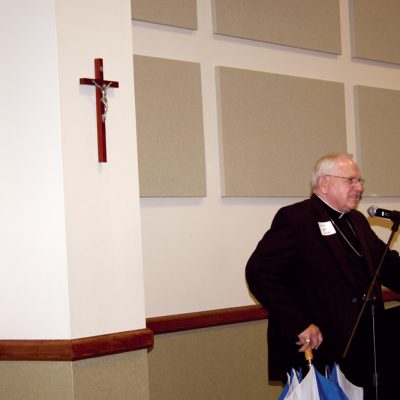
His funeral was held in St Wilfrid's Chapel in the Oratory on 6 April, conducted in the Tridentine Rite. He died two months later, on 26 March 1998. In early 1998, Gilbey moved to Nazareth House in Hammersmith, a nursing home. During this time he wrote the catechetical book, We Believe (1983), making a trip to the United States in 1995 to promote it. He took up permanent residence at the Travellers Club in London, remaining active into his nineties.
MONSIGNOR ALFRED NEWMAN GILBEY FULL
Unhappy with the Fisher Society's decision to admit women to the chaplaincy, who had been allowed to be full members of the University in 1947, Gilbey decided to leave rather than compromise his traditionalist beliefs. Gilbey retired from the chaplaincy in 1965, the final year of the Second Vatican Council. After petitioning led by Gilbey, who maintained that the chaplaincy would be demolished " over his dead body", Fisher House was spared from the compulsory purchase order and remains standing to this day. He was instrumental in defending Fisher House, as from 1949 Cambridge City Council planned to demolish the buildings in the area to make way for the Lion Yard development. Gilbey exerted a quiet but considerable influence around the university, maintaining links with the colleges and overseeing many converts to Catholicism. In 1932, Gilbey became Catholic chaplain to the University of Cambridge, residing at Fisher House. He funded his own training as a priest at the Pontifical Beda College in Rome, being ordained "under his own patrimony" by Bishop Doubleday of Brentwood in 1929. Educated by Jesuits at Beaumont College, he went on to study Modern History at Trinity College, Cambridge in 1920, during which time he became chairman of the Fisher Society at the chaplaincy.


Gilbey was born in Harlow, Essex on 13 July 1901 to Victoria and Newman Gilbey, wealthy gin and wine merchants.



 0 kommentar(er)
0 kommentar(er)
